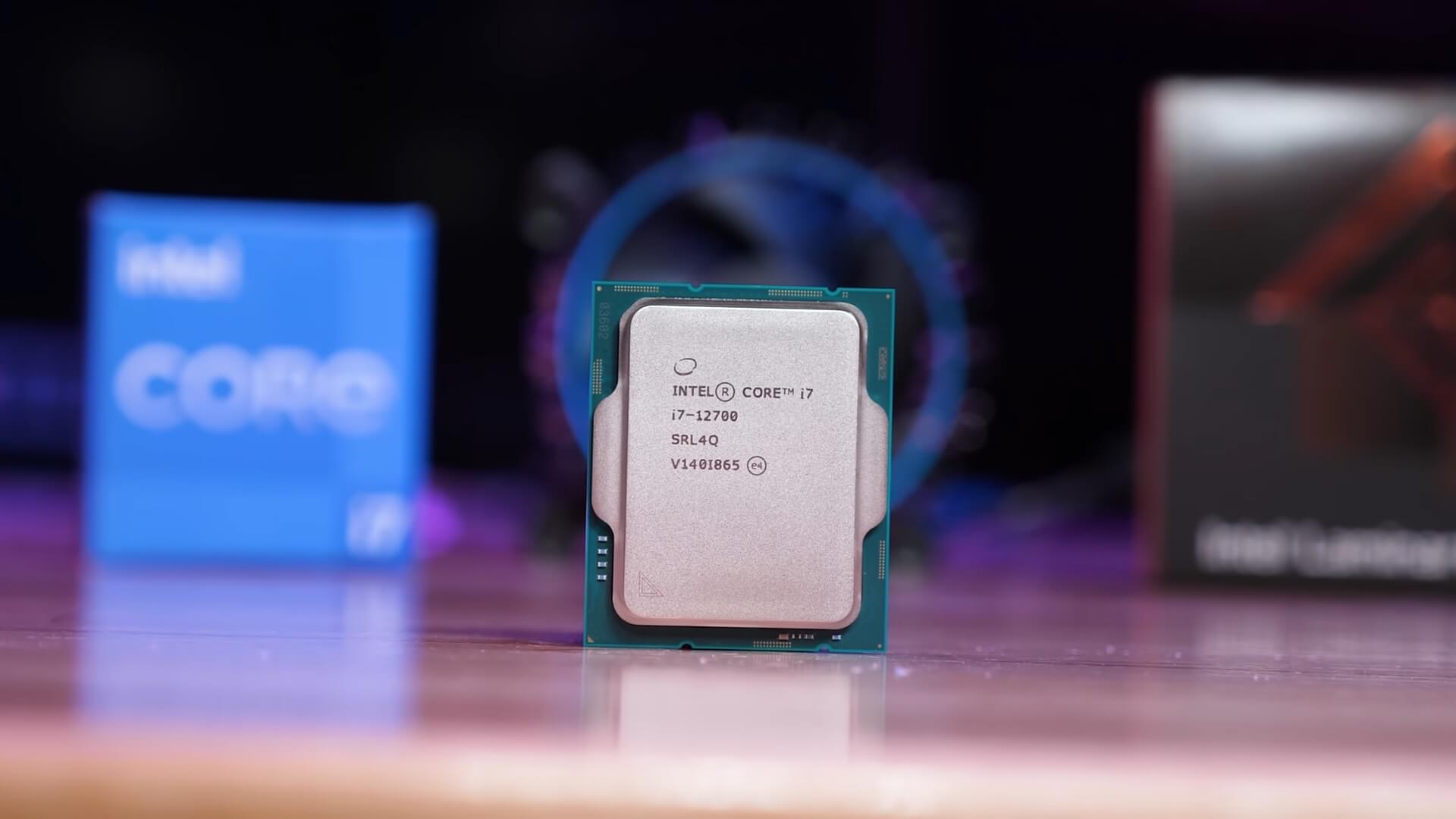Would an i7-12700 (non-K version, not the F version) ever make more sense than an i5-12600K ???
I know the 12-700 is more expensive than the i5-12600K
Could the price difference be offset by a less expensive motherboard? less expensive cooler / fan(s)?
It would mostly be used for video editing (in DaVinci Resolve) and Photo editing (Lightoom, Photoshop, gimp, darktable). Maybe some esports gaming.
I know the 12-700 is more expensive than the i5-12600K
Could the price difference be offset by a less expensive motherboard? less expensive cooler / fan(s)?
It would mostly be used for video editing (in DaVinci Resolve) and Photo editing (Lightoom, Photoshop, gimp, darktable). Maybe some esports gaming.



